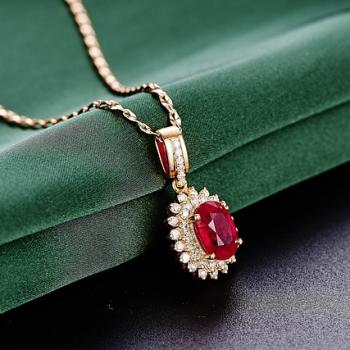Similar to mut'aa marriages are urfi marriages practiced primarily in Egypt. These are referred to as secret marriages, as they are not sanctioned by the bride's family, but they are actually conducted by a Muslim cleric in the presence of two witnesses. However, they are not officially registered and are not binding on the man. These marriages exist outside of the formal marriage contracts required by the Quran, even though there is usually a document containing some basic terms which is signed by the couple and two witnesses. Furthermore, though they were officially recognized under Egyptian law in 2000, women involved in these marriages have no rights to alimony or child support.
While temporary and non-public marriages such as mut'aa and urfi deny the partners the rights given to full-fledged Islamic marriages, there are even "real" Islamic marriages that are used to hide sex trafficking and prostitution. There are prominent examples highlighting this problem. One is of men from Arabian countries in the Gulf states travelling to places like India and Indonesia and marrying young girls from poor families. The families are given gifts and money and led to believe that their daughters will return to the husbands' home countries to lead stable and respectful lives. Instead, the husbands spend a few days or weeks with the wives in hotels and then divorce them and return to their own countries. The women return to their families humiliated, disgraced, and often pregnant, with little means of tracking down the husbands or seeking alimony or child support.
Another example of troubling "legal" marriages includes unions involving Muslims who marry for immigration benefits. The couple decides to enter into marriages with the express purpose of one spouse sponsoring the other for legal status, and the other typically agrees to provide sexual services in return. This phenomenon is on the rise in the United States, and, in fact, often involves individuals who entered the marriages with the belief that they were the real thing. Again, if the exchange for one of the parties is simply sex for a benefit like immigration status, which clearly is an economic benefit, the line between a marriage and prostitution is blurry. As with other marriages discussed here, these marriages are in many instances hidden from public view and carried out as private transactions.
Finally, at the very end of this spectrum, there are the polygamous marriages that men carry out as a cover for an affair. Both mut'aa and urfi marriages can be polygamous, but even so-called "traditional" polygamous marriages are sometimes officiated without the consent or knowledge of the first wife, or the knowledge of the community. These are particularly easy to spot as affairs in countries that do not recognize polygamous unions, and the second or third marriage is therefore only officiated by a cleric from the community.
There is clearly a need for dialogue within the global Muslim community about the purpose and rules of marriage, and a need to soundly reject many of the unions discussed here. One of the primary reasons why Islam was revealed was to guarantee and clarify the important basic rights of women, and particularly their rights with regards to marriage, divorce, alimony, custody and related issues. We should not allow horrors such as sex trafficking, prostitution, and other sexually exploitative unions to hide within the guise of Islamic marriages.
Uzma Mariam Ahmed is Contributing Writer to Altmuslimah
Reprinted with permission from Altmuslimah.com




